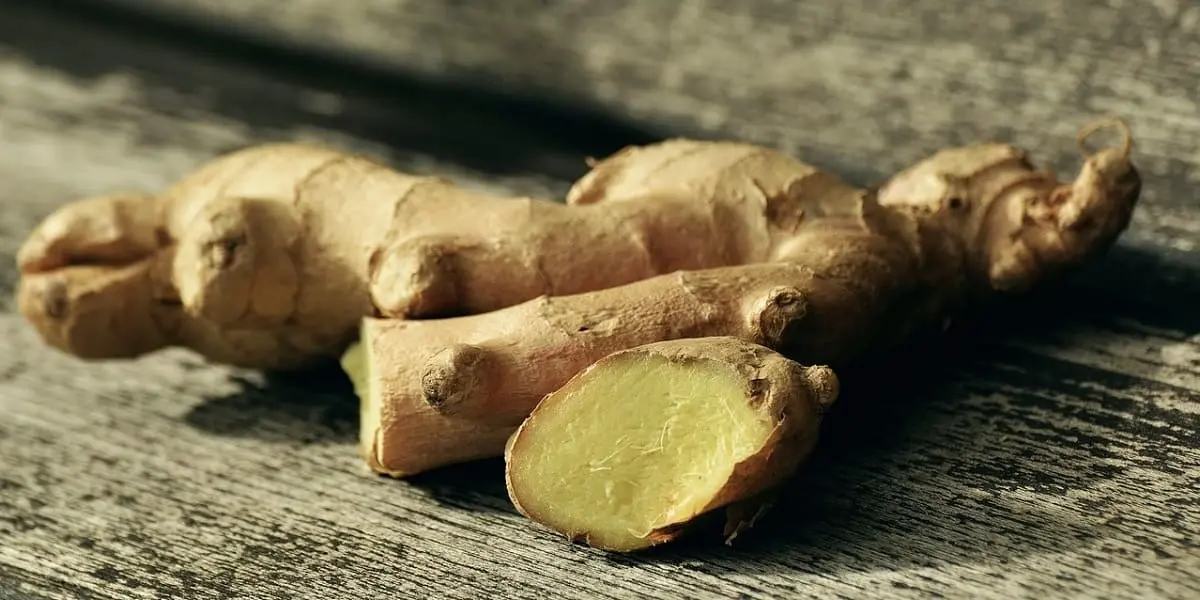Content
Highly appreciated for its medicinal properties, ginger is a popular condiment in many cuisines. Here’s what you need to know to store your ginger optimally!
What is ginger?
Ginger is a herbaceous plant native to Southeast Asia. It is the ginger root or rhizome that is used for its medicinal and culinary virtues. It is prized for its pungent flavor and pleasant fragrance.
The benefits of ginger are numerous. In particular, it has been used for centuries as a natural remedy for digestive disorders, nausea and vomiting. In fact, ginger infusion is highly effective in relieving bloating, stimulating the appetite and aiding digestion. Ginger’s anti-inflammatory properties are also very useful for relieving joint and muscle pain caused by arthritis or rheumatism. Ginger is also a tonic that stimulates the immune system and blood circulation. It is rich in antioxidants, which protect cells from damage caused by free radicals. Ginger is also very useful for fighting cholesterol and helping to lose weight. Pregnant women suffering from morning sickness can be relieved by consuming ginger. It is also known to stimulate the libido. Scientific studies have also demonstrated ginger’s effectiveness against motion sickness and coughs.
To reap its benefits, ginger can be consumed in a variety of ways. The root can be grated, candied or processed into essential oil. You can prepare an infusion, a decoction or even a ginger syrup. Ginger can be added to vinaigrettes, herbal teas or ginger tea. It also goes well with lemon, black pepper or cinnamon. Slices of fresh ginger are often used in Asian dishes, sushi or desserts.
However, it’s important to remember that ginger can have side effects in some people. Excessive consumption of ginger may cause nausea, vomiting or intestinal pain. It is therefore advisable not to overuse it, and to consult a doctor if in doubt.
How to store ginger?
Ginger is a popular condiment in many Asian cuisines. It is also known for its medicinal properties, notably against nausea, vomiting, muscle pain, rheumatism, osteoarthritis and inflammation, and for promoting blood circulation, libido and the immune system.
Ginger is rich in antioxidants, vitamins and anti-inflammatory properties. It can be eaten fresh, candied, dried, powdered, infused, decocted or as an essential oil. However, to enjoy the long-term benefits of ginger, it’s important to know how to store it properly.
Fresh ginger can be stored in the refrigerator, wrapped in cling film or placed in an airtight jar filled with water. It can also be frozen, after peeling, slicing or grating, in an airtight bag or container suitable for freezing. Candied ginger can be stored in an airtight jar at room temperature or in the refrigerator. Dried ginger can be stored in an airtight jar at room temperature or in the refrigerator.
Ginger can be used in a variety of ways, as an ingredient in soups, sauces, marinades, dressings, desserts, cookies, gingerbread or sushi. It can also be infused in boiling water, milk, tea or syrup to prepare herbal, digestive or aphrodisiac drinks.
As mentioned above, ginger can have side effects such as bloating, abdominal pain, nausea and vomiting, particularly in pregnant women or people with digestive problems.
It is therefore recommended not to exceed two teaspoons of ginger a day, unless prescribed by a doctor.
- Discover also
- How to store mushrooms?
